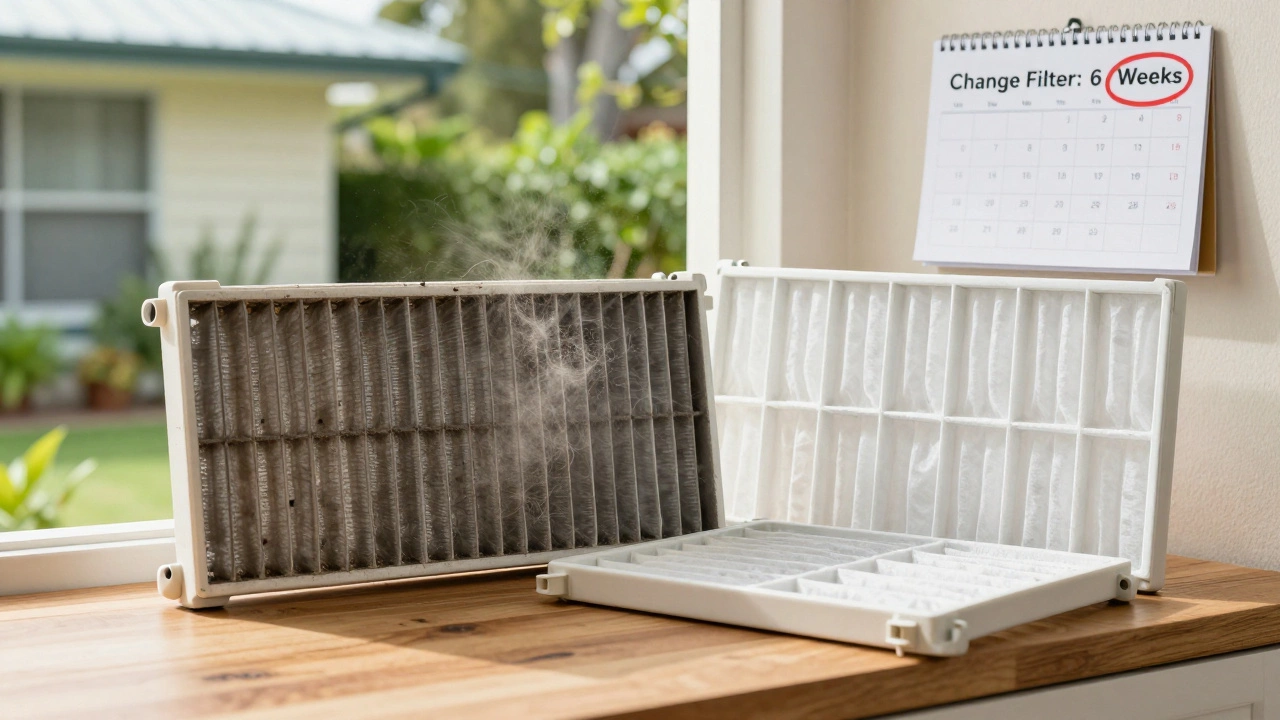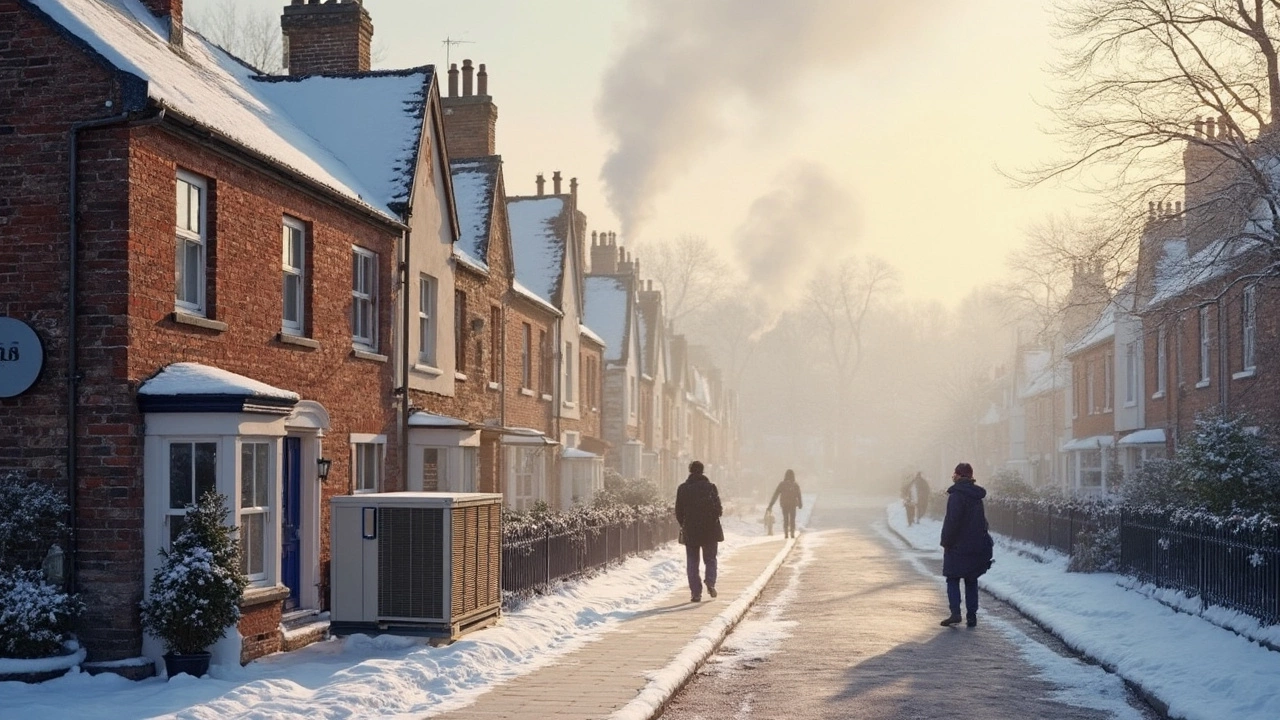Heat Pump Lifespan: What You Need to Know
Thinking about a heat pump but wonder how long it will stick around? Most modern units are built to last 15‑20 years if you treat them right. That’s a solid run compared to many other HVAC systems, but a few factors can shave years off the clock. Let’s break down the real numbers and the simple steps that keep your heat pump humming.
What Affects a Heat Pump’s Life?
First up, climate matters. Units in salty coastal air or places with extreme temperature swings tend to corrode faster. Secondly, the quality of the original installation is huge – a poorly sized system or bad ductwork forces the pump to work harder, wearing out components sooner. Third, routine maintenance (or lack of it) makes a big difference. A clogged filter, low refrigerant, or ignored fan issues can cause the compressor to overheat and fail early.
Tips to Extend Your Heat Pump’s Life
Good news: you don’t need a mechanic for every tweak. Swap or clean the air filter every 1‑3 months; a clean filter reduces strain on the blower motor. Schedule a professional check‑up at least once a year – they’ll test refrigerant levels, inspect electrical connections, and clean the coils. Keep the outdoor unit clear of leaves, snow, and debris; good airflow is vital for heat exchange efficiency.
Another easy win is to protect the unit from moisture. If you live in a rainy area, install a simple canopy or use a pump cover. This prevents rust on the metal housing and keeps the fan blades dry. Also, watch the thermostat settings. Constantly cranking the heat or cooling to extremes makes the compressor cycle more often, wearing it out faster. Aim for a steady, comfortable temperature and let the system do its job.
When you notice odd noises – rattling, whining, or hissing – don’t ignore them. Those sounds often hint at loose parts, low refrigerant, or motor problems. Early intervention can stop a minor issue from turning into a costly compressor replacement.
Finally, consider the age of your home’s insulation. Poor insulation forces the heat pump to run longer to maintain indoor comfort, which adds mileage. Sealing gaps, adding loft insulation, and upgrading windows can reduce the load on your system, stretching its years of service.
Bottom line: a well‑chosen, properly installed heat pump can serve you for up to two decades. Regular filter changes, yearly professional service, and a clean outdoor environment are the cheapest ways to hit that upper range. If you keep an eye on performance and act fast on warning signs, you’ll enjoy efficient heating and cooling without a surprise breakdown.
Ready to get the most out of your heat pump? Start with a quick filter swap today, then book a professional inspection before the next season change. Your future self – and your wallet – will thank you.

What Causes a Heat Pump to Go Bad? Common Failures and How to Avoid Them
Heat pumps fail due to dirty filters, refrigerant leaks, electrical issues, and poor maintenance. Learn the top causes and how to avoid costly repairs or premature replacement.

Average Lifespan of a Heat Pump: What You Need to Know
Heat pumps can last anywhere between 10 to 20 years depending on how well they are maintained and the conditions they operate in. Regular maintenance and proper usage can greatly extend the life of a heat pump, saving costs. This article explores the typical lifespan of heat pumps, offers tips for extending their lifespan, and highlights signs that indicate when repairs or replacements are needed.